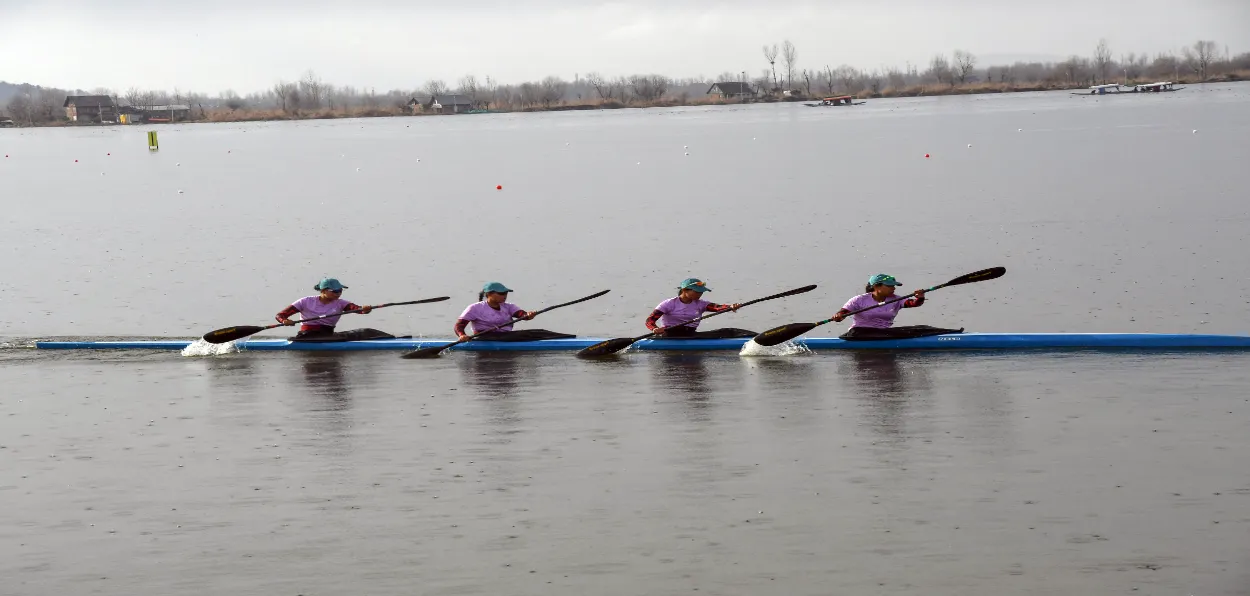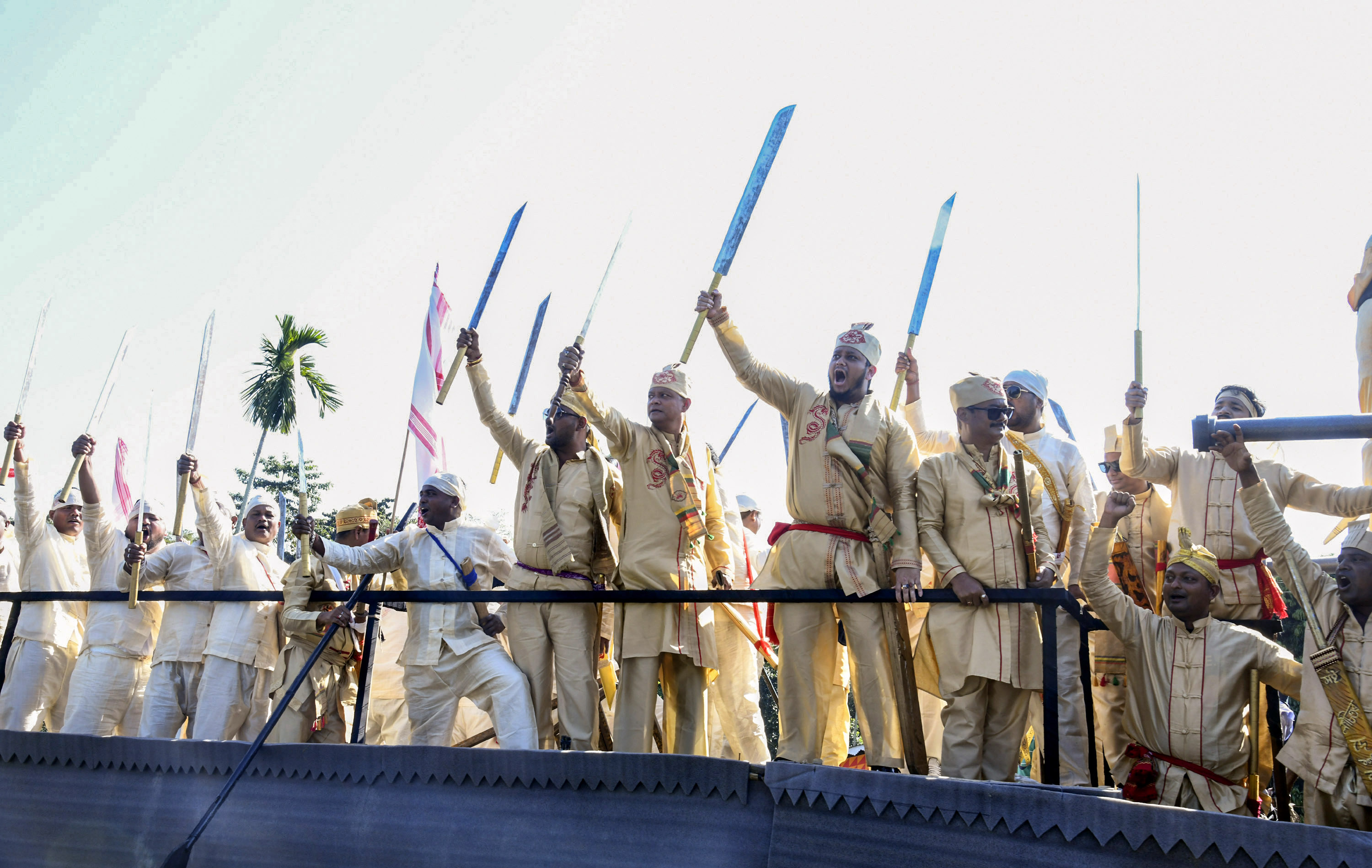
Amir Suhail Wani
There are moments in history when the fate of a people hinges on the hearts of their youth. India stands at such a threshold today. With one of the world’s youngest populations, the nation’s destiny will largely be written by its young minds and brave hearts. Among them, the Muslim youth of India—and especially Kashmir’s young men and women—carry both a profound burden and an extraordinary possibility.
Their potential is not merely social or economic; it encompasses moral, intellectual, spiritual, and civilizational aspects. The Qur’an reminds us that “Allah does not change the condition of a people until they change what is within themselves” (Qur’an 13:11). This verse is not a distant proclamation—it is a direct call to the youth to seize the instruments of transformation, to elevate themselves through knowledge, action, and character.
Education: The First Duty, the First Freedom
In both Islamic teaching and modern developmental policy, education is the foundation of all empowerment. The Prophet said, “Seeking knowledge is an obligation upon every Muslim” (Ibn Majah)—a wisdom that transcends time, geography, and circumstance. Knowledge liberates, uplifts, and immunises communities against fear, prejudice, manipulation, and ideological exploitation.
For Kashmiri youth, education is not only a personal necessity but a collective shield. It enables them to question inherited biases, engage critically with dominant narratives, and become producers of knowledge rather than mere consumers of circumstance. When young people rise as scholars, doctors, engineers, writers, innovators, and administrators, they dismantle stereotypes that have long burdened their community.
Modern policy frameworks—from India’s National Education Policy (NEP) 2020 to global SDG-4—stress multidisciplinary learning, digital literacy, inclusion, and creativity. These align profoundly with the Islamic intellectual tradition, which has historically flourished through philosophy, science, jurisprudence, the arts, and public leadership.
To study is not only to prepare for employment—it is to honour one’s Creator, uplift one’s people, and contribute to the moral and intellectual prosperity of the nation.
Youth energy is vast, sacred, and transformative. It cannot be contained in classrooms alone. Sports offer discipline, endurance, brotherhood, teamwork—values praised in the Qur’an’s emphasis on perseverance and unity: “Hold fast all together to the rope of Allah and be not divided” (Qur’an 3:103).
In Kashmir, where the pressures of history weigh heavily, sports can become a healing force—helping youth build resilience, friendship, and purpose beyond communal lines.
Arts and culture—poetry, music, painting, filmmaking, theatre—allow young people to voice their deepest emotions, their grief, hope, longing, and dreams. In a land renowned for its mystics and poets, from Lalla Ded to Sheikh-ul-Alam, artistic expression becomes both resistance and renewal. Creativity channels pain into beauty, and despair into meaning.
Community work and volunteerism form the third pillar of holistic growth. Islam places immense emphasis on service: “The best of people are those who are most beneficial to humanity” (Sahih al-Jami).

Young men and women participating in an event to commemorate history of Assam
When Kashmiri youth engage in social work—environmental preservation, tutoring children, peace dialogues, health awareness—they cultivate empathy and civic maturity. Together, these spheres shape a generation that is emotionally balanced, socially conscious, and spiritually rooted.
In regions burdened by conflict and marginalisation, extremist ideas can sometimes find footholds, not because people are predisposed to them, but because alienation, injustice, or hopelessness creates emotional voids. Islam is unequivocal in its stance against extremism.
The Prophet warned: “Beware of extremism in religion, for it destroyed those before you.” (Nasa’i)The Qur’an calls Muslims to be a community of “moderation” (ummatan wasata) (Qur’an 2:143). Thus, protecting youth from radicalisation is both a religious mandate and a policy priority.
This requires the following:
Education: Critical thinking, civic education, media literacy, and open intellectual space help youth recognise and reject manipulative narratives.
Social inclusion: When young people feel valued and represented, the psychological appeal of extremism collapses.
Interfaith and intra-community dialogue: Mutual recognition humanises the “other” and dissolves prejudices.
Platforms for expression: When constructive outlets exist—debates, arts, sports, innovation hubs—destructive tendencies lose their charm.
Dignity and justice: A youth who feels respected will not be drawn toward divisive ideologies. The Qur’an commands justice even toward those with whom one disagrees: “Do not let hatred of a people cause you to be unjust. Be just; that is nearer to righteousness.” (Qur’an 5:8). Extremism withers where justice, opportunity, and knowledge flourish.
Governance and Civil Society: A hopeful youth needs more than sermons; he needs systems. Modern governance must turn enthusiasm into a structured opportunity.
Beasides Skill development and vocational training aligned with industry needs could solve the problem of livelihoods. They also need entrepreneurship support like credit access and incubation. Tthe youth need sports infrastructure, youth clubs, mental health support systems, especially in
The Qur’an describes youth who stood for truth and renewal as “a people of courage, whom We increased in guidance” (Qur’an 18:13). Across history, great movements—intellectual, political, spiritual—were led by the young.
ALSO READ: How Mohammed Ali Khalid became global face of Indian Scouts and Guides Movement
The Muslim youth of Kashmir stand today at such a crossroads. They carry the tenderness of Sufism, the discipline of scholarship, the resilience of mountain life, and the creativity of a culture steeped in poetry and spirituality. They need opportunity, direction, trust, and belonging.
